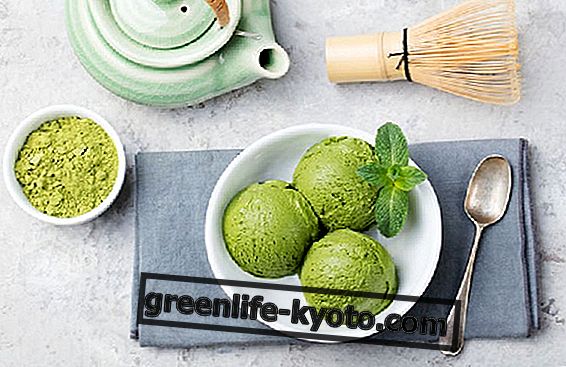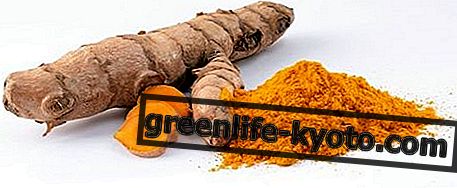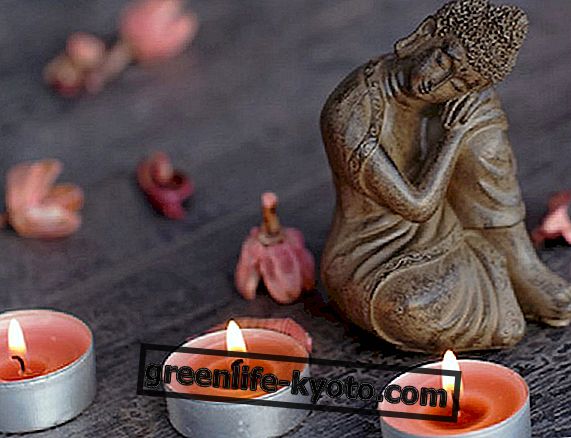
Pharyngitis is an inflammation of the mucosa of the tract of the pharynx which is the organ that connects the nasal cavity with the oral cavity and with the esophagus, the larynx and the middle ear.
In this area of the body the channel of the mouth meets the digestive tract and the airways of the respiratory system.
The moss of the oropharyngeal tract can thus begin to become irritated and inflamed causing pharyngitis. In the most common jargon we do not use the term pharyngitis which is the name given to the diseases diagnosed by the doctor but we popularly use the term sore throat.
Usually this pharyngeal inflammation occurs in the cold season or during season changes when the climate changes rapidly between hot and cold.
Causes of sore throat
Pharyngitis is commonly caused by irritation of the throat (sore throat) or infection caused by a virus or bacterium. The most common viruses responsible for the infection are the Herpesvirus, the Adenovirus and the Rinovirus.
While the most frequent bacteria are Chlamydia pneumoniae and beta-hemolytic streptococcus.
In case of viral or bacterial infection the medical diagnosis is supported by the clinical analysis through the throat swab that is used precisely to identify which microorganism is responsible for the pharyngeal infection.
Other causes that trigger irritation to the pharyngeal mucosa are chemicals, vapors and dust present in the air that we breathe. In particular, smog, alcohol and cigarette smoke are the main culprits of the chronic forms of pharyngitis.
The cold is another element that can trigger irritation in the throat as it favors the attack of bacteria and viruses.
Furthermore, temperature changes such as between heated rooms or air conditioning create precisely that imbalance that affects normal respiratory function, thus opening the door to irritation of the oropharyngeal mucosa.
Dryness in the air and the lack of the right humidity are other situations that can trigger the irritation of the pharyngeal mucosa.
Symptoms of pharyngitis
Sore throat usually begins with some sensation of dryness in the throat, some small burning sensation in the mucosa and difficulty in swallowing.
Subsequently the irritation and redness of the pharyngeal tract can become stronger with symptoms of pain, even strong and pungent.
The difficulty in swallowing becomes more and more intense and annoying up to a real pain when we swallow anything including our saliva.
Finally there may be red dots, blisters or white plaques on the entire mucosa of the throat or on some areas more affected.
Sore throat or pharyngitis is a symptom that often precedes the manifestation of a cooling illness such as the flu or a cold.
Intervention with natural remedies based on officinal herbs from the first signs of sore throat helps to prevent these consequences and relieves the same pharyngitis more quickly.
How to intervene when we have a sore throat
The classic sore throat or pharyngitis has a natural course that is completed within 5-7 days. The first acute symptoms gradually become lighter and the inflammation with its symptoms regress until the pharyngitis disappears.
If this does not happen obviously the consultation of the doctor is necessary especially if along with the sore throat there is associated fever.
When we have a sore throat especially at the first signs we can help our body by supporting it with natural remedies based on medicinal plants.
Certainly drinking herbal tea helps soothe the symptoms of sore throat. The first recommended formulation consists of cinnamon, cloves and honey.
The use of mallow flowers and leaves as an infusion is also excellent for calming irritation thanks to the presence of mucilage.
Often for the irritated throat propolis-based sprays are used which is a product of bees with natural antibiotic properties and which reduces pain in a natural way.
Other herbal sprays contain essential oils with antiseptic, expectorant and soothing properties.
An excellent plant that supports the immune system by promoting tissue regeneration and which also reduces the proliferation of pathogens is echinacea.
The erysimus, which is specific for resolving pharyngitis when it also affects the vocal cords and therefore in the lowering of the voice, hoarseness and aphonia is also of excellent help .
The erysimus is an expectorant and a mucolytic of the airways and therefore helps to remove the congested catarrh but is also analgesic and soothing on the mucous membranes of the entire oropharyngeal tract.
Finally licorice and ginger are two other natural remedies indicated in the treatment of sore throat. Licorice is a powerful antioxidant with immunostimulatory activity and excellent anti-inflammatory power.
Furthermore, licorice manages to calm the cough stimulus which, when associated with a sore throat, becomes really annoying.
Ginger, on the other hand, is indicated because in addition to being a natural antibiotic and an excellent anti-inflammatory it is also a natural anesthetic and analgesic that helps to soothe the painful sensations of a sore throat.
Also read Reflux sore throat, how to cure it >>













